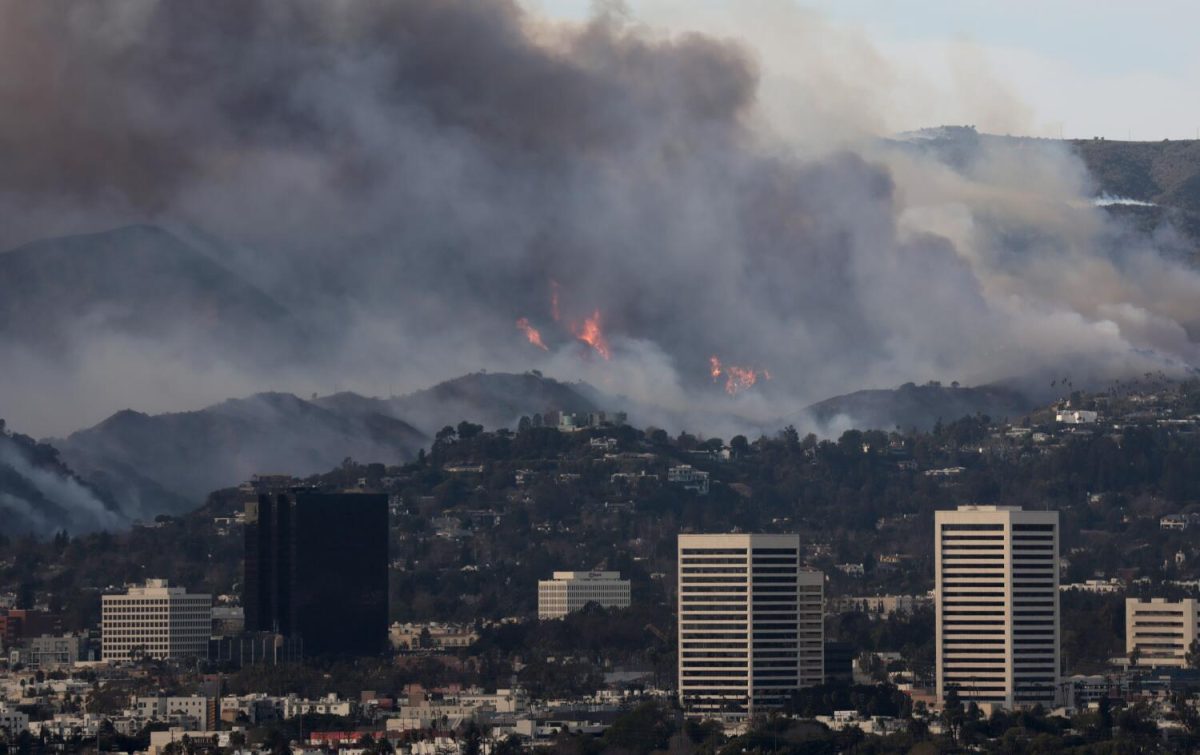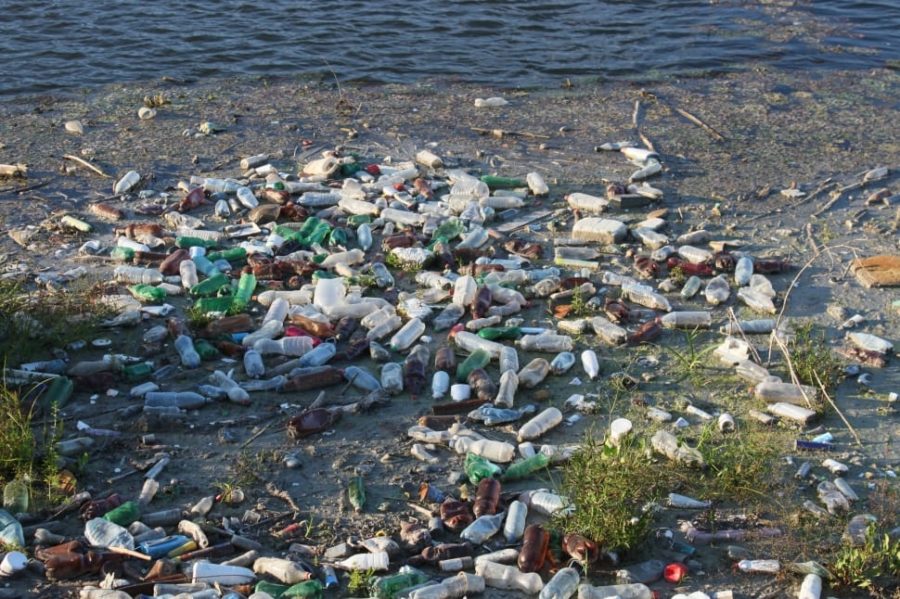Save the Ocean
We need to do more to protect the waters
A pile of trash is shown on the ocean.
The ocean takes up two thirds of our world, produces half of our oxygen and supplies more than a billion people’s primary protein source, and yet, it is suffering, according to un.org.
The acidity of the water is increasing due to emissions, sewage and pesticides are being released into the water, killing the fish, and there is a patch of garbage that is twice the size of Texas floating in the Pacific ocean all according to nationalgeographic.org.
Coral reefs protect coastlines from disaster, provide jobs for locals and offer opportunities for recreation. Over half a billion people depend on reefs for food, income, and protection, and yet the reefs are suffering due to mass bleaching, according to npr.org and noaa.gov. Our world and the people need to do more in order to save the ocean before it is beyond saving.
What can companies do?
Electric cars are on the rise and more car manufacturers need to take action and make it their number one goal to reduce the production of cars that only use gas. A typical vehicle emits about 4.6 metric tons of carbon dioxide per year, according to epa.gov. Carbon pollution affects the oceans acidity level and in turn harms shellfish and other marine life, according to ucsusa.org.
Producers need to hone down on plastic usage in products as well as packaging. An estimated amount of 13 million metric tons of plastic ends up in the ocean each year. This plastic causes suffocation, drowning and starvation for marine animals. This plastic also traps marine life or gets ingested. Scientists predict that unless action is taken, the weight of the plastic in the ocean will exceed the weight of all fish in the seas by 2050, all according to pewtrusts.org.
46% of the oil in the ocean is caused by natural seeps from the bottom of the ocean; however, 37% is caused by the use and consumption of oil, including operational discharges from ships and discharges from land-based sources, according to response.restoration.noaa.gov. This oil spilled into the ocean is toxic, and just adds to the natural seeping of oil. Companies transporting oil need to be more cautious.
What can individuals do?
Using public transportation, walking or biking to destinations will reduce carbon footprints. Using reusable products is an easy way to make sure the plastic we use does not end up in the ocean. Voting for elected officials who are passionate about ocean and climate issues will allow for those in power to get more cooperation from the people.
































